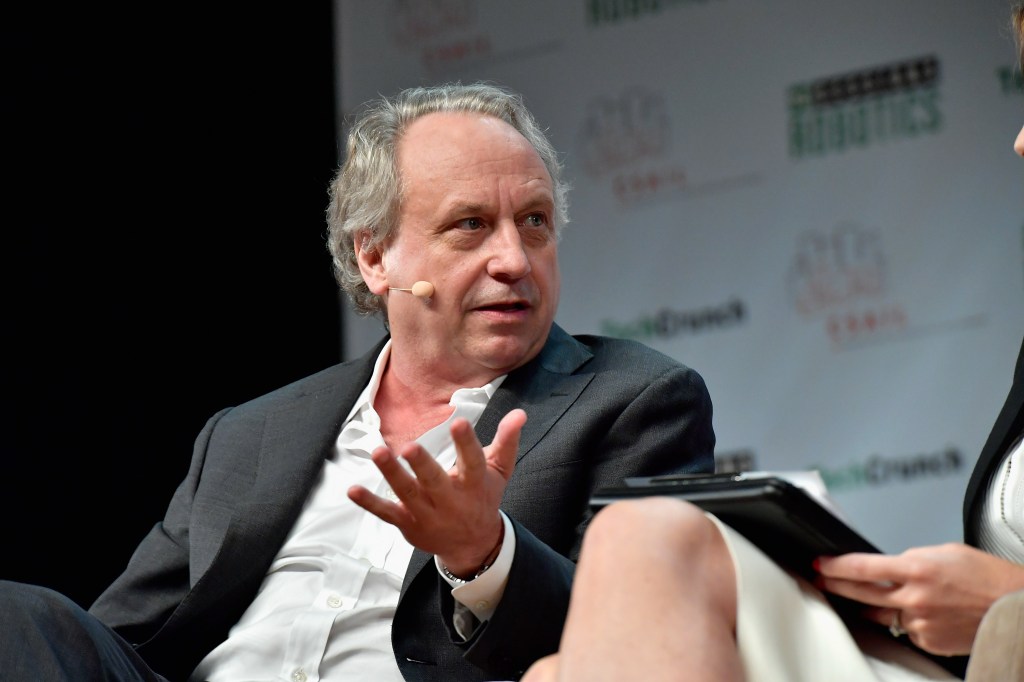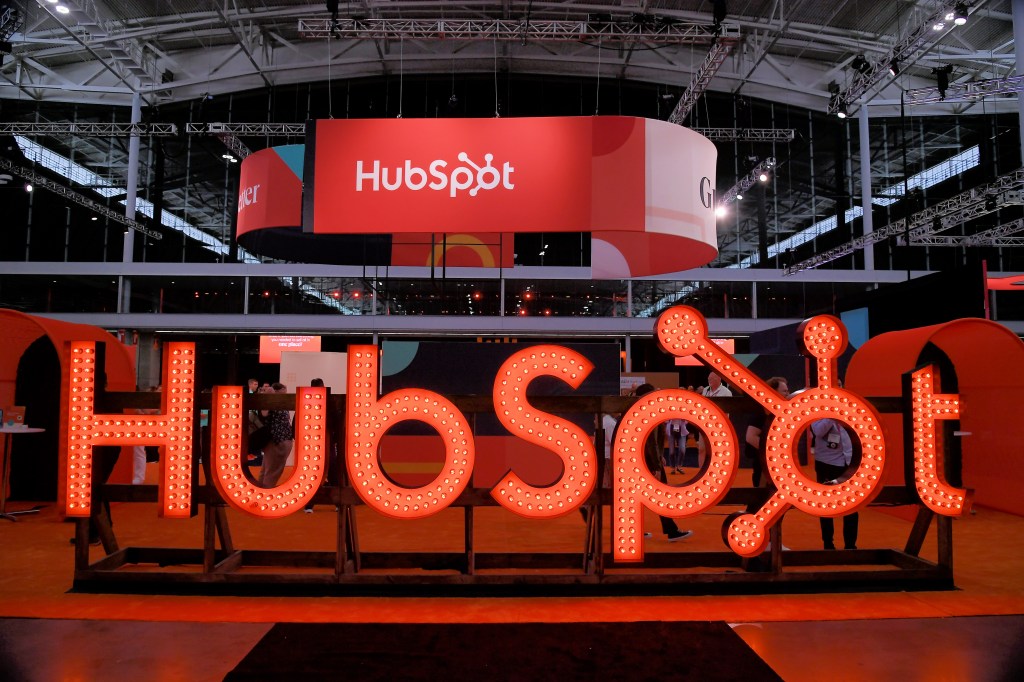Who’s afraid of the Big Bad DEI? The acronym is near-poisonous now — a word that creates almost instant tension between those who embrace it and those who want it dead.
A prime example of this divide was the response to startup Scale AI founder Alexandr Wang’s post on X last week. He wrote about moving away from DEI (diversity, equity, and inclusion) to instead embrace “MEI” — merit, excellence, and intelligence.
“Scale is a meritocracy, and we must always remain one,” Wang wrote. “It’s a big deal whenever we invite someone to join our mission, and those decisions have never been swayed by orthodoxy or virtue signaling or whatever the current thing is.”
The commenters on X — which included Elon Musk, Palmer Luckey, and Brian Armstrong — were thrilled. On LinkedIn, however, the startup community gave a less-than-enthusiastic response. Those commenters pointed out that Wang’s post made it seem as if “meritocracy” was the definitive benchmark to find qualified hiring candidates — without taking into consideration that the idea of meritocracy is itself subjective. In the days that have followed the post, more and more people have shared their thoughts and what Wang’s comments reveal about the current state of DEI in tech.
“The post is misguided because people who support the meritocracy argument are ignoring the structural reasons some groups are more likely to outperform others,” Mutale Nkonde, a founder working in AI policy, told TechCrunch. ”We all want the best people for the job, and there is data to prove that diverse teams are more effective.”
Emily Witko, an HR professional at AI startup Hugging Face, told TechCrunch that the post was a “dangerous oversimplification,” but that it received so much attention on X because it “openly expressed sentiments that are not always expressed publicly and the audience there is hungry to attack DEI.” Wang’s MEI thought “makes it so easy to refute or criticize any conversations regarding the importance of acknowledging underrepresentation in tech,” she continued.
But Wang is far from the only Silicon Valley insider to attack DEI in recent months. He joins a chorus of those who feel that DEI programs implemented at businesses over the past several years, peaking with the Black Lives Matter movement, caused a backslide in corporate profitability — and that a return to “meritocratic principles” is overdue. Indeed, much of the tech industry has worked to dismantle recruitment programs that considered candidates who, under previous hiring regimes, were often overlooked in the hiring process.
Seeking to make a change, in 2020, many organizations and power players came together to promise more of a focus on DEI, which, contrary to the mainstream discussion, is not simply about hiring someone based on the color of their skin but is about ensuring qualified people from all walks of life — regardless of skin, gender, or ethnic background — are better represented and included in recruitment funnels. It’s also about taking a look at disparities and pipeline issues, analyzing the reasoning behind why certain candidates are constantly overlooked in a hiring process.
In 2023, the U.S. data industry saw new women recruit levels drop by two-thirds, from 36% in 2022 to just 12%, according to a report from HR staffing firm Harnham. Meanwhile, the percentage of Black, Indigenous, and professionals of color in VP or above data roles stood at just 38% in 2022.

DEI-related job listings have also fallen out of favor, declining 44% in 2023, according to data from the job site Indeed. In the AI industry, a recent Deloitte survey of women found that over half said they ended up leaving at least one employer because of how men and women were treated differently, while 73% considered leaving the tech industry altogether due to unequal pay and an inability to advance in their careers.
Yet, for an industry that prides itself on being data-driven, Silicon Valley cannot let the idea of a meritocracy go — despite all the data and research showing how such thinking is just a belief system and one that can lead to biased outcomes. The idea of going out and hiring “the best person for the job” without taking into account any human sociology is how pattern-matching occurs — teams and companies of people who are alike, when the research has long shown that more diverse teams perform better. Moreover, it has only raised suspicions about who the Valley considers excellent and why.
Experts we spoke to said this subjectiveness revealed other issues with Wang’s missive — mostly that he presents MEI as a revolutionary idea and not one that Silicon Valley and most of corporate America have long embraced. The acronym “MEI” appears to be a scornful nod to DEI, intended to drive home the notion that a company must choose between hiring diverse candidates or candidates that meet certain “objective” qualifications.
Natalie Sue Johnson, co-founder of the DEI consulting firm Paradigm, told TechCrunch that research has shown meritocracy to be a paradox and that organizations that focus too much on it actually see an increase in bias. “It frees people up from thinking that they have to try hard to be fair in their decision-making,” she continued. “They think that meritocracy is inherent, not something that needs to be achieved.”
As Nkonde mentioned, Johnson noted that Wang’s approach doesn’t acknowledge that underrepresented groups face systemic barriers society is still struggling to address. Ironically, the most meritorious person could be the one who has achieved a skill set for a job despite such barriers that may have influenced their educational background or prevented them from filling their résumé with the kind of college internships that impresses Silicon Valley.
Treating a person as a faceless, nameless candidate, without understanding their unique experiences, and therefore their employability, is a mistake, Johnson said. “There is nuance.”
Witko added to that: “A meritocratic system is built on criteria that reflect the status quo, and therefore, it will perpetuate existing inequalities by continuously favoring those who already have advantages.”
To be somewhat charitable to Wang, given how acidic the term DEI has become, developing a new term that still represents the value of fairness to all candidates, isn’t a terrible idea — even if “meritocracy” is misguided. And his post suggests that Scale AI’s values could align with the spirit of diversity, equity, and inclusion even if he might not realize it, Johnson said.
“Casting a wide net for talent and making objective hiring decisions that do not disadvantage candidates based on identity is exactly what diversity, equity, and inclusion work seeks to do,” she explained.
But again, where Wang undermines this is endorsing the mistaken belief that meritocracy will produce outcomes based on one’s abilities and merits alone.
Perhaps it is all a paradox. If one looks at Scale AI’s treatment of its data annotators — many of whom live in economically depressed countries and scrape by on little pay — it suggests the company has scant real interest in disrupting the status quo.
Scale AI’s annotators work on tasks for multiple eight-hour workdays — no breaks — for pay ranging as low as $10 (per the Verge and NY Mag). It’s on the backs of these annotators that Scale AI has built a business worth over $13 billion and with more than $1.6 billion in cash in the bank.
When asked for comment on the allegations made in the Verge and NY Mag piece, a spokesperson pointed to this blog post, in which it described its human annotator jobs as “gig work.” The spokesperson didn’t address TechCrunch’s request for clarification on Scale AI’s MEI policy.
Johnson said Wang’s post is a great example of the box many leaders and companies find themselves trapped in.
She pondered, can they trust that having meritocratic ideals is enough to lead to truly meritocratic outcomes, and promote diversity?
“Or,” Johnson said, “do they acknowledge that ideals are not enough, and to truly build more diverse workforces where everyone has the same access to opportunities and can do their best work requires intention?”































Comment